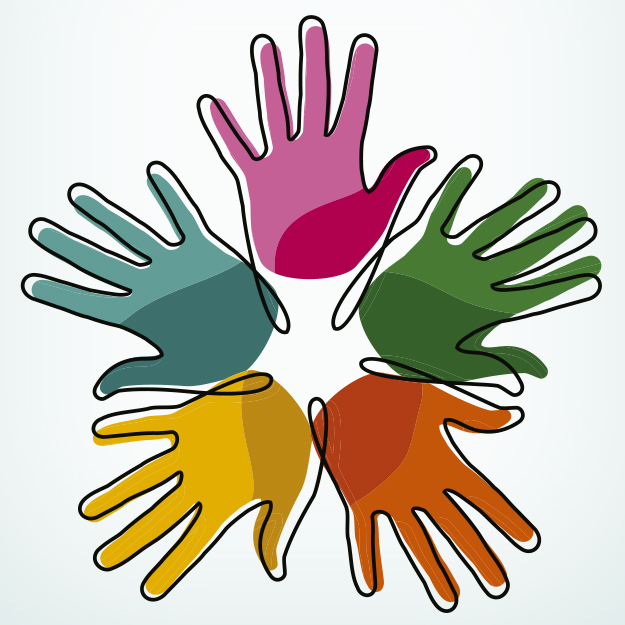
Activist Donors: Donors to Girls’ and Women’s Funds and Foundations
Throughout history, women have collaborated strongly to solve social problems. Over the years and with their increased participation in the private sector, their influence as philanthropic donors has also grown, currently being a key actor in the contribution to projects that improve living conditions of girls and women around the world.
According to a report made in 2019 by the Institute of Philanthropy of Women IUPUI, of the Lilly Family School of Philanthropy, donors to funds and foundations of girls and women – mostly women too – donate more than average donors to other causes. In general, one could consider the actions of donors to women’s funds and foundations from a perspective of greater altruism than the one that can be seen in general donors. According to the aforementioned report, this group tends to donate in a selfless way and compared to general donors they are more motivated to give, to participate in the meetings or to volunteer in an organization, to give back to the community and to believe that their donation can make a difference. In line with these facts, they also use different tools and different strategies when it comes to giving, such as giving circles or wills with charitable provisions. At the same time, it is important to remark that this group is more focused on evaluating their donations, to follow-up and actively participate in the effectiveness of their donations, either by participating in an organization’s board or by contacting other donors.
Some of these characteristics stand out from general donors and can be explained by various reasons. It can be highlighted that the demographic details of this group is different from the one of the general donor: donors to women’s funds and foundations are more likely to be composed of women and LGBTIQ+ individuals, as well as they tend to be less inclined to be composed of retired and/or religious creed individuals. In turn, the self-perception they have about themselves is important. Donors to women’s funds and foundations are more likely to consider themselves as philanthropic experts, philanthropic leaders and activist donors. Along these lines, participating in philanthropic leadership activities often advocate the positive attributes of the term «philanthropy.» This last point can be represented by considering that according to the IUPIU study, only 11% of donors to funds and foundations of women surveyed said they were motivated by tax benefits compared to 23% of general donors.
To access the full report, click here. To access the infographic produced by the IUPUI on the report click here.

